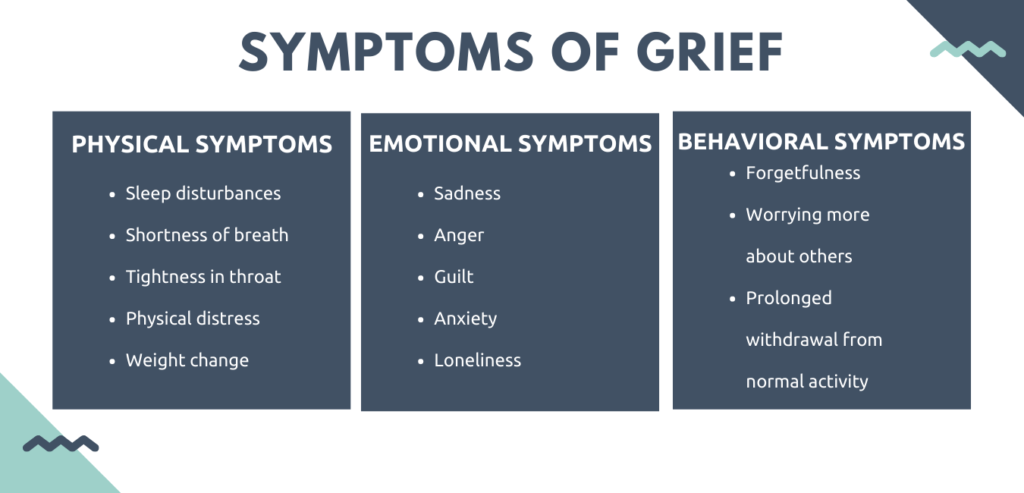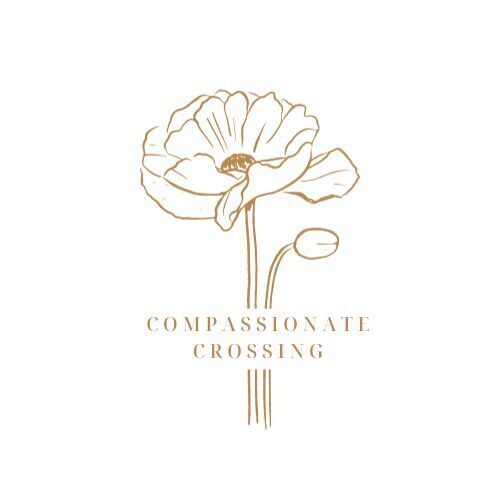When we think of grief and loss, we often associate them with the death of someone we love. But there are many other situations that can trigger these emotions, such as divorce, illness, job loss, relocation, or even the end of a friendship. These are all valid forms of loss that deserve our attention and compassion.
This blog post will explore common challenges and coping strategies for dealing with non-death-related losses. I will also share some resources and tips on supporting yourself and others going through such experiences.

Grief Concerning Losses Other Than Death
Grief is a natural and universal reaction to loss but is often associated with death. However, many other types of losses can cause grief, such as divorce, illness, job loss, relocation, or loss of identity. These losses are sometimes called non-death losses, and they can be just as painful and challenging as losing a loved one.
Non-death losses can be tangible or intangible. Actual losses have a physical or material aspect, such as losing a home, a pet, or a body part. Intangible losses are more psychological or symbolic, such as losing trust, hope, or meaning. Both types of losses can affect our sense of self, security, and belonging.
Non-death losses are often misunderstood or minimized by others, who may not recognize the impact or significance of our grief. They may expect us to move on quickly or to be grateful for what we still have. They may also compare our loss to others’ losses and judge our reactions as inappropriate or excessive.
However, grief is not a competition or a comparison. Grief is a personal and subjective experience that depends on many factors, such as our personality, culture, values, beliefs, and coping skills. Only we can determine how our loss affects us and what we need to heal.
Non-death losses can trigger the same stages and symptoms of grief as death-related losses, such as denial, anger, bargaining, depression, and acceptance. We may also experience physical, emotional, cognitive, behavioral, and spiritual changes as we grieve. For example, we may feel numb, sad, angry, guilty, anxious, lonely, or hopeless. We may have trouble sleeping, eating, concentrating, or remembering things. We may withdraw from others, cry a lot, avoid reminders of our loss, or seek comfort in unhealthy ways.
There is no right or wrong way to grieve a non-death loss. There is also no set timeline or formula for healing. Grief is a dynamic and ongoing process that can fluctuate over time and in different situations. Some days may be easier than others. Some triggers may catch us off guard. Some milestones may bring back memories.
The most important thing to remember is that we are not alone in our grief. Many people have experienced similar losses and who can offer support and understanding. Many resources and professionals can help us cope and heal. Some of the things we can do to grieve a non-death loss are:
- Acknowledge our loss and its impact on us
- Express our feelings in healthy ways
- Seek support from others who can empathize
- Join a support group or online community
- Read books or articles about non-death losses
- Seek professional help if needed
- Practice self-care and compassion
- Find meaning and purpose in our loss
- Honor our loss and celebrate what we still have
- Create new goals and routines
- Be patient and gentle with ourselves
Grief is not something we can avoid or erase. It is something we have to go through and grow from. By facing our grief and embracing our emotions, we can heal from our non-death losses and find hope for the future.

